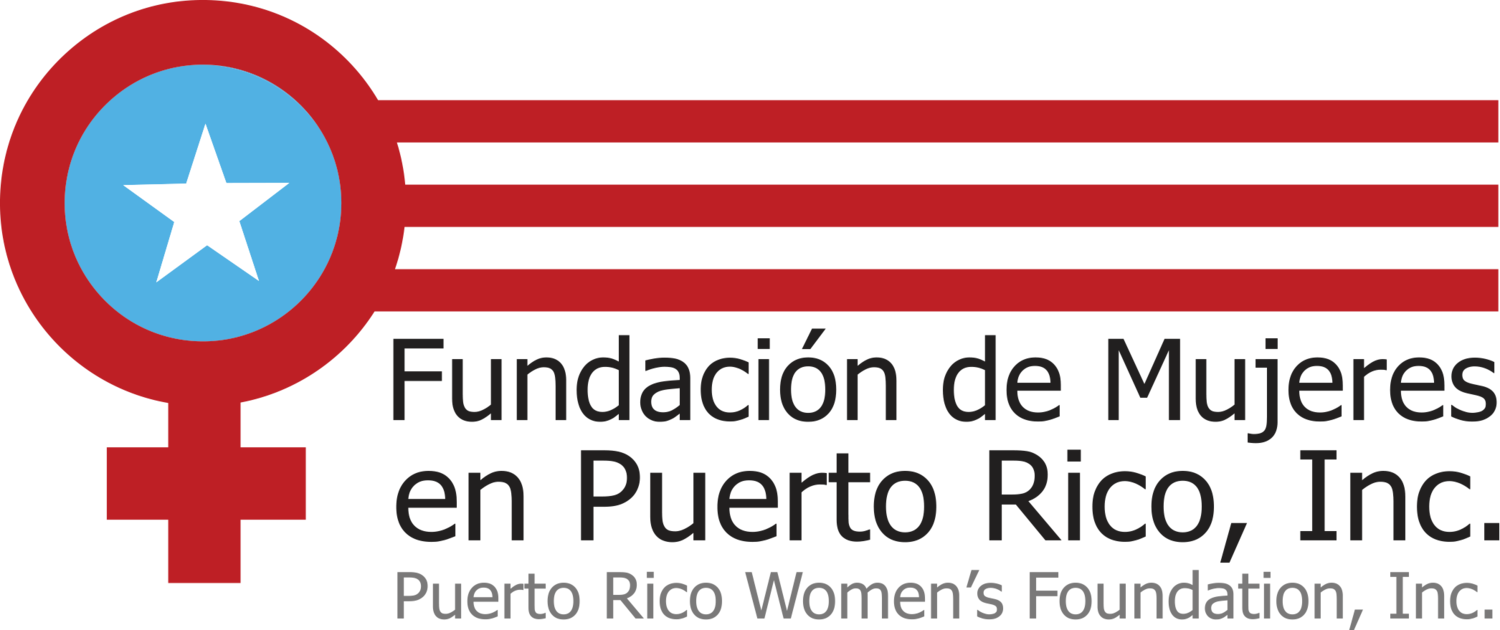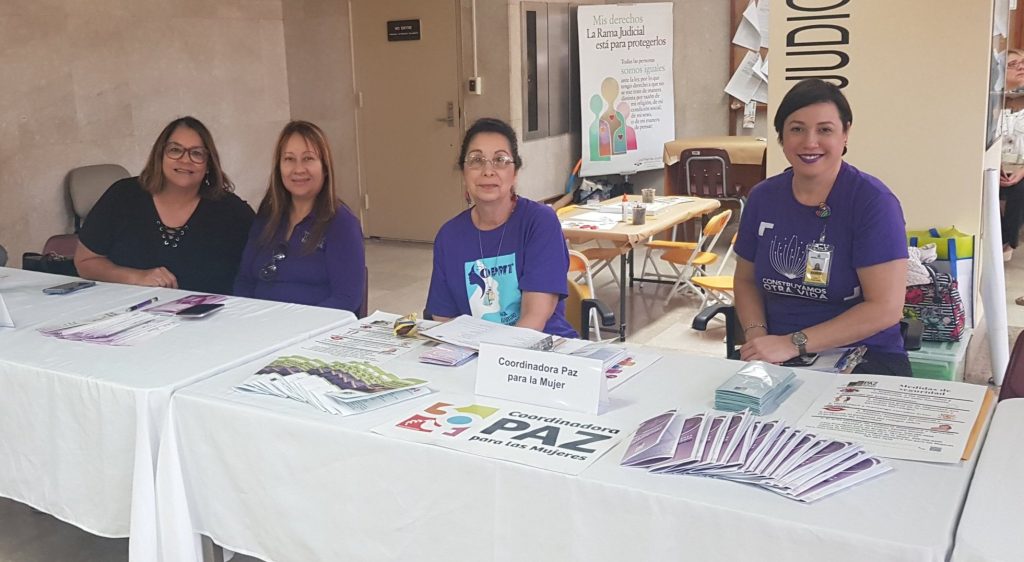
Since Hurricane María, we have confirmed that community contribution, organization, local and diaspora alliances, commitment, and love for our collective will save us during emergencies
The year 2020 was an eye-opener in many ways. In its beginnings, we had to deal with the earthquake emergency in the southern area of the island. Community-based organizations, groups, and many people individually contributed to the support and care of the affected families. They organized brigades with different purposes and approaches. The feminist brigades could not be missed, like the Purple Brigade or Purple Caravan organized by Coordinadora Paz para las Mujeres (CPM) for its community intervention in the South.
A $5,000 grant from the Puerto Rico Women’s Foundation (PRWF) to CPM promoted the organization’s management of 580 services, bringing together medical screening services, legal assistance, self-care, liaison with the government, housing accommodations, and service centers in the towns of Ponce, Guánica, Adjuntas, Peñuelas, Guayanilla, Mayagüez and San Germán. Each Caravan mobilized between 12 and 50 volunteers. They visited shelters and collected vital information to ensure that survivors of gender-based violence were safe and secure.
AFTER THE EARTHQUAKES, THE COVID-19 PANDEMIC REACHED THE ISLAND
The pandemic and an economic system based on competition and exploitation inflicted moments of despair on Casa Julia, the first shelter for women victims of domestic violence survivors that was established in Puerto Rico. Coraly León, director of Casa Protegida Julia de Burgos, commented: “I remember that at the beginning of the pandemic there were people who exorbitantly raised the prices of masks and disinfectant alcohol. At that time, the first ten masks we managed to buy for the shelter cost us ten dollars each. I came to the verge of tears […], feeling the limitations of being able to acquire protective equipment for the staff and the participants, which would allow us to continue carrying out the work safely.”

At that time of crisis, it was not the State that responded, but organizations such as Taller Salud, through a donation of $5,000 granted by PRWF. The donation, channeled through Taller Salud, allowed Casa Protegida Julia de Burgos and Casa Pensamiento, an organization offering specialized services to women, men, and the LGBTQ+ community in Aibonito, to respond to the urgent situation by acquiring the necessary protective equipment to handle COVID-19 and thus continue to offer an emergency service that could not be stopped.
Another of the revelations of this pandemic year was, once again, perceiving the vulnerability that women experience, especially those who find themselves in violent relationships. Confinement, lack of employment, and impoverishment were triggers for acts of violence in these relationships. Proyecto Matria saw a demand to attend to and took on the task of developing—in partnership with Hogar Ruth, Casa Protegida Julia de Burgos, Hogar Nueva Mujer, Women’s Office of the Municipality of Caguas, and Casa la Bondad—an emergency helpline that streamlined the shelter application process due to gender-based violence. Amárilis Pagán, Director of the Proyecto Matria, assured that “the donation from the Women’s Foundation allowed us to maintain the telephone service on which the helpline depends.”
On the other hand, CPM received another donation of $2,000 from the PRWF to address the effects of the lockdown during the pandemic, especially for those people who provide direct services for gender violence survivors and were dealing with high levels of tension and stress. They achieved seven self-care, mental health, and safe spaces meetings facilitated by the experienced psychologist Mercedes Rodríguez in which between 68 and 271 participants participated per session. The clinical psychologist Dr. Irma Torres worked on accompaniment sessions with the shelter directors to process the daily situations they faced; an initiative that was recognized as extremely valuable by the participants. They also offered an additional eight webinars. Although the PRWF grant did not cover all these services, it was a fundamental part of their management.
The history of emergencies that we have had to live through, especially during political disasters that do not prioritize people and their needs, has made us aware of the urgency of the search and management of sustainability projects. For this reason, part of the donation of $12,200 that was granted to Proyecto Matria, in addition to supporting them with the emergency line, sustained the preparation of proposals, which resulted in financing for the organization. They worked on a business plan for an agricultural project linked to their Miraflores Produce project in Orocovis, laying the foundations for the project to continue seeking funds to strengthen it. The creation and strengthening of this agricultural project with a feminist model will, in turn, strengthen Matria’s economic project known as Arepa Chic. Arepa Chic, in addition to being a work development space for women, contributes to the sustainability of Proyecto Matria as a non-profit organization. “As of today —thanks to the preparation and consulting process— we have a clearer vision of what we want and what is feasible to continue expanding the range of action of Proyecto Matria,” expressed Amarilis Pagán.
Donating to women’s community projects always has a multiplier effect. It is the most effective and sustainable route to end gender inequality and injustice, in addition to impacting families and communities. The PRWF is committed to continuing to support projects such as CPM, Taller Salud, Casa Protegida Julia de Burgos, Casa Pensamiento, and Proyecto Matria, to combat gender-based violence and poverty. These organizations save lives in Puerto Rico on a daily basis, particularly when the State’s responses are not efficient.
As always, we ask for your collaboration to continue increasing the economic resources that allow us to subsidize projects —robust, effective, and sustainable— by women and for women, in all their diversities, in Puerto Rico.

